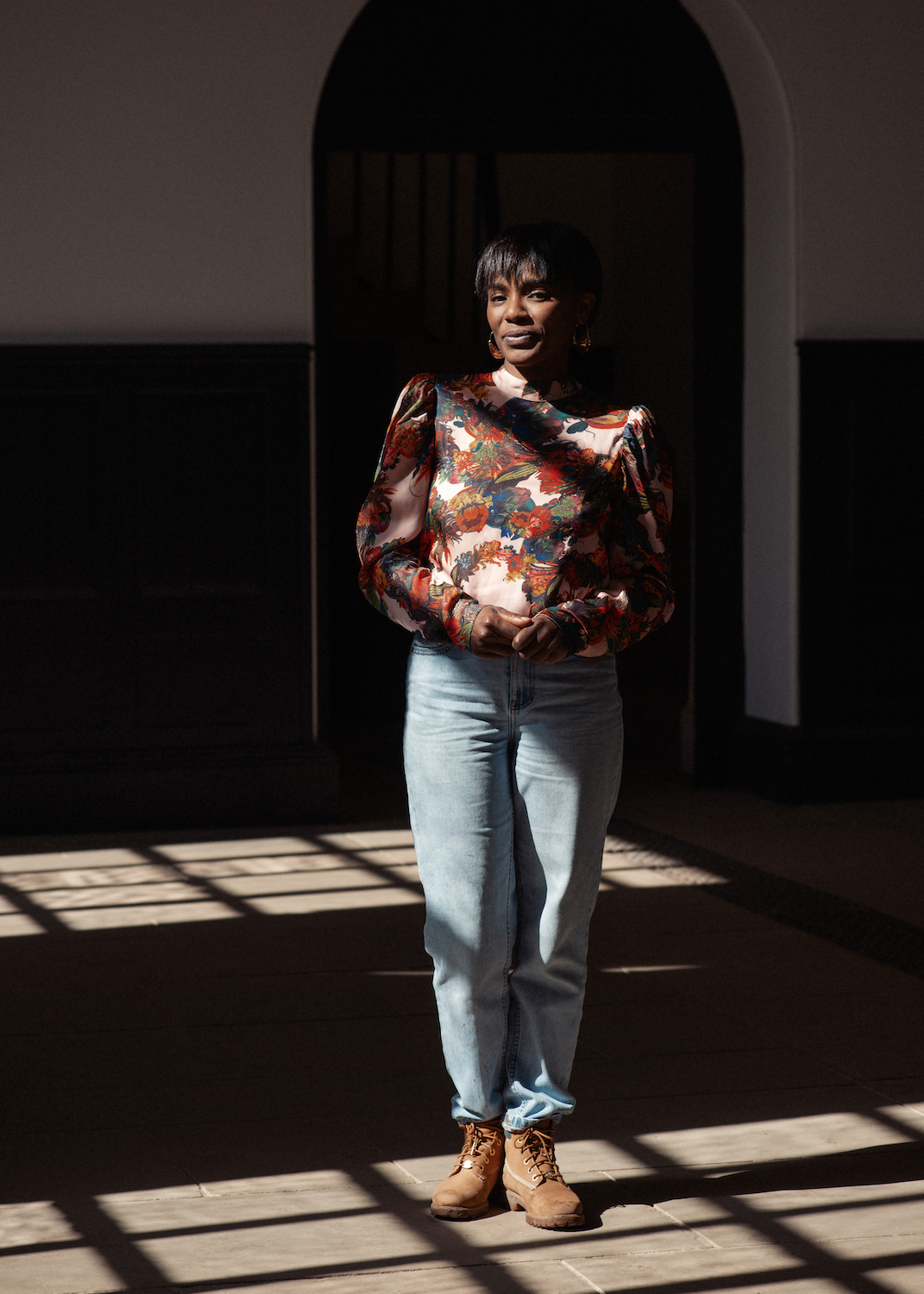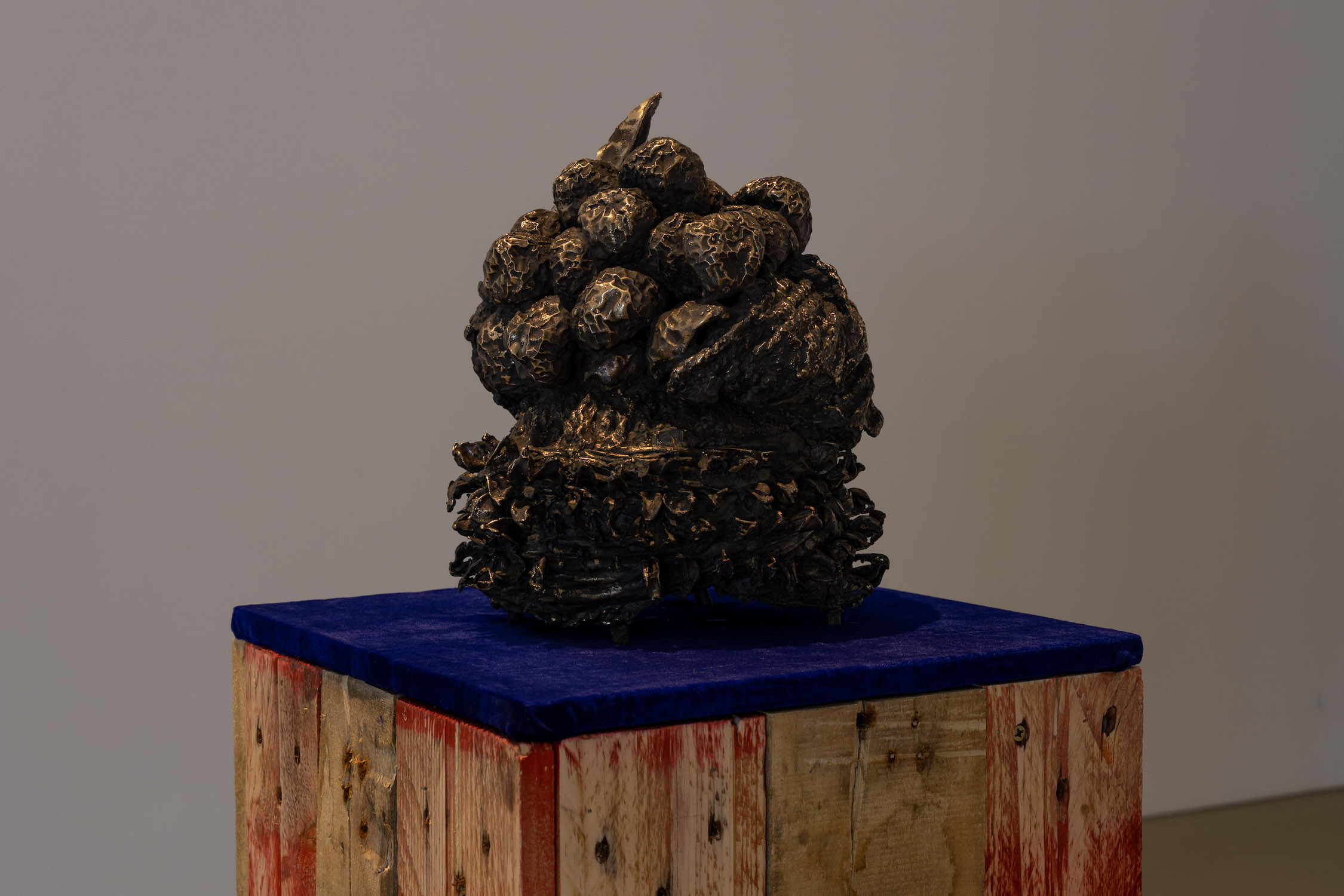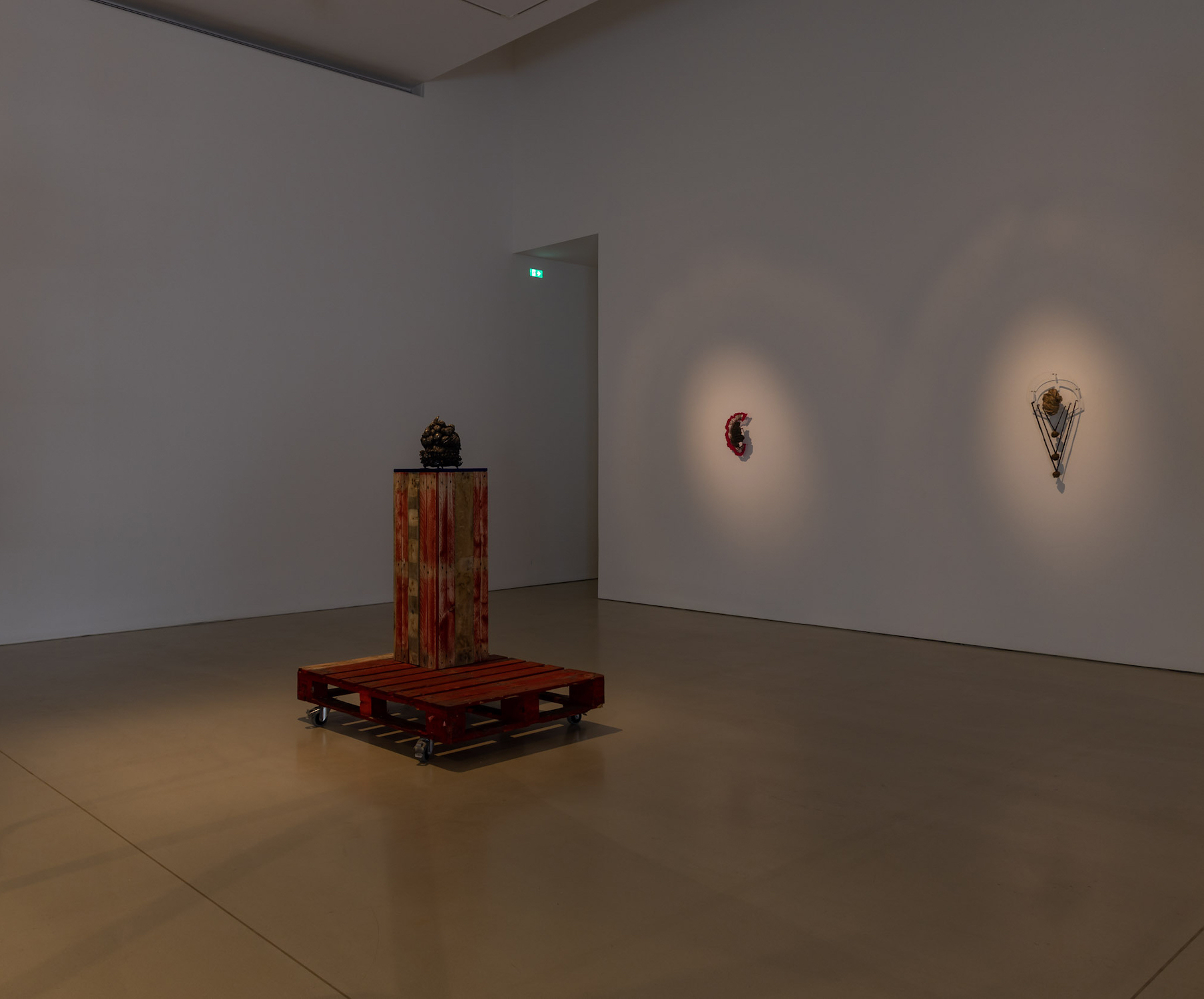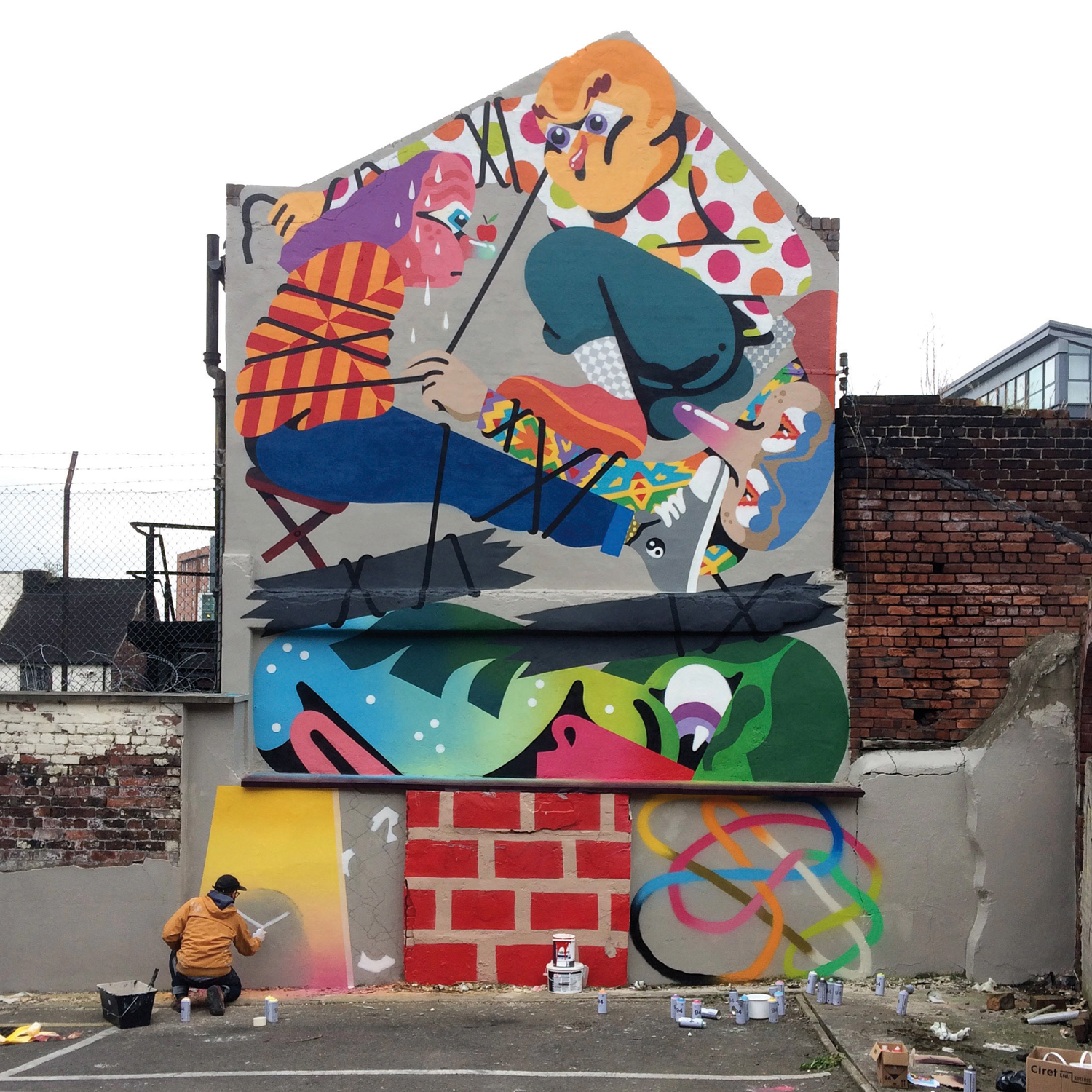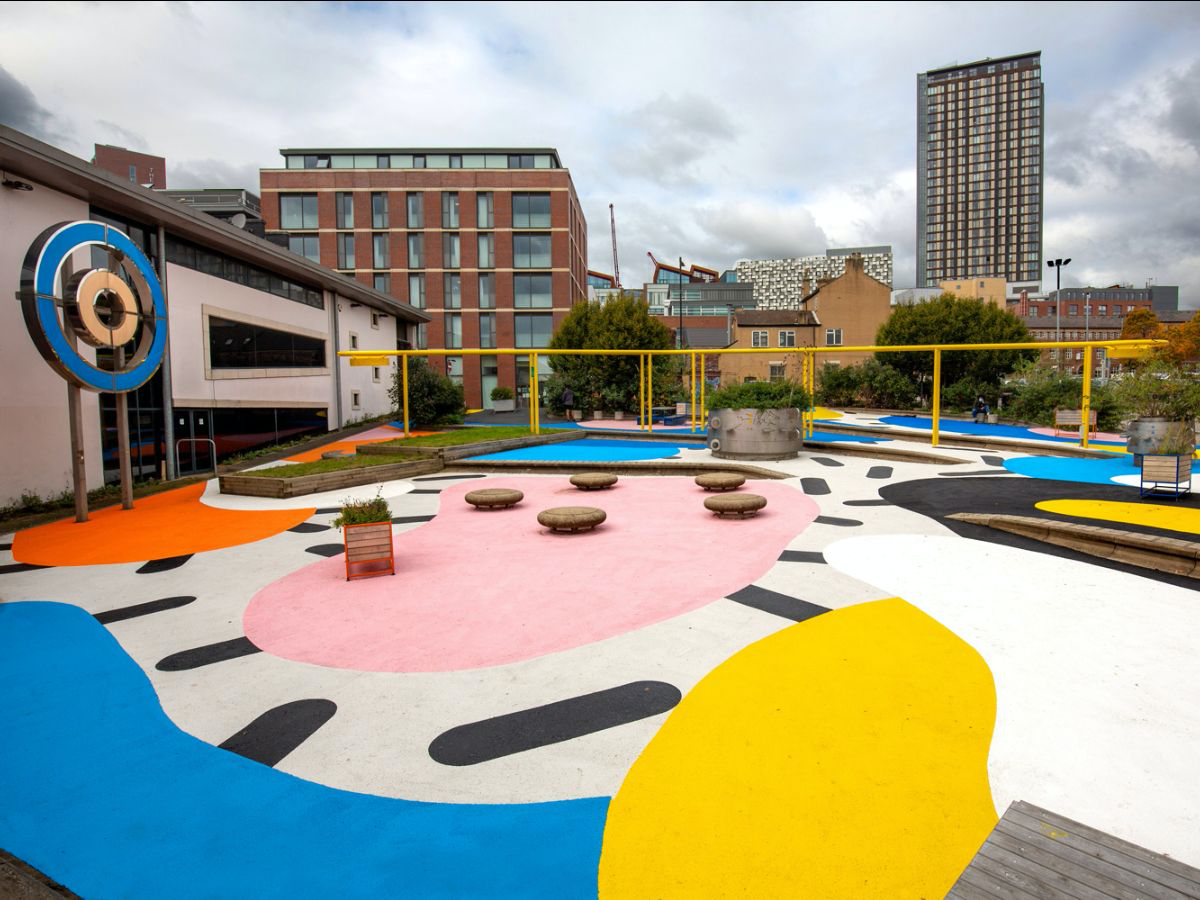Inspired by African and Caribbean cultures, multi-disciplinary artist Kedisha Coakley moved from London to Sheffield in 2009 and is a firm fixture in Sheffield's arts and cultural scene. Through her sculpture, photography and print pieces, Kedisha invites the viewer on a mesmerising journey of childhood memories, cultural symbols and spiritual iconography, re-examining and reinterpreting social and historical narratives.
I first saw Kedisha in 2021 at a Being Human Festival event where some of her breathtaking sculpture pieces were displayed. I marvelled at her meticulous craft, the exceptional use of material, the expression of Black female identity, and how the sculptures came alive almost magically. Since then, Kedisha's work has featured in exhibitions across the country, including more recently at the Eden Project in Cornwall and closer to home at Weston Park Museum in a glorious show called Hair: Untold Stories, on now until 29 October 2023, and at Site Gallery as part of Platform 22: Dark Echoes until 26 February 2023.
Dark Echoes showcases work from three artists, including Kedisha's piece Horticultural Appropriation: Settlement and Ritual: Passion, exploring botanical specimens and their categorisation. It’s part of a wider three-venue showcase, featuring artists in Sheffield supported through the Freelands Artist Programme.
I sat down with Kedisha to find out what inspires her art form.
How would you describe your art practice?
My work begins as a personal investigation of self, childhood memories and the ritualistic practices in the lives of Black women and what they signify universally in the world.
The work is evoked as a response to some of these traditional practices, some of which are communicated non-verbally, whilst others are passed on religiously. Exploring social-historical stories and investigating ideas of home, memory, class, status, representation, and cultural affiliations is very important.
Using sculpture, photography and printmaking, my work provokes the premise of history, race, culture and conventions of curation by reframing objects and cultural symbols. Aiming to revise traditional interpretations whilst encouraging viewers to reconsider social and historical narratives from a different perspective.



